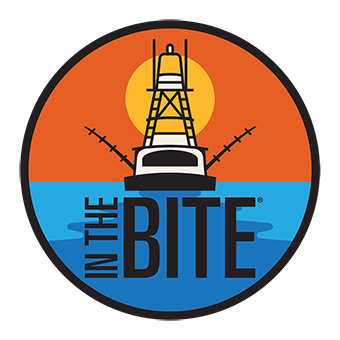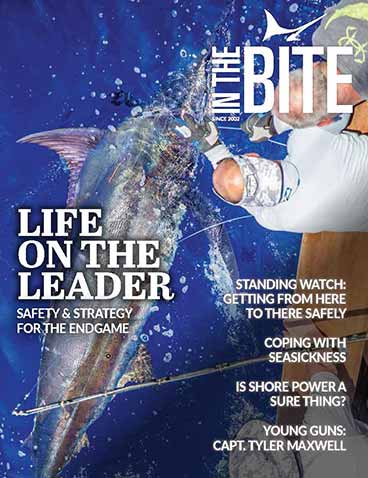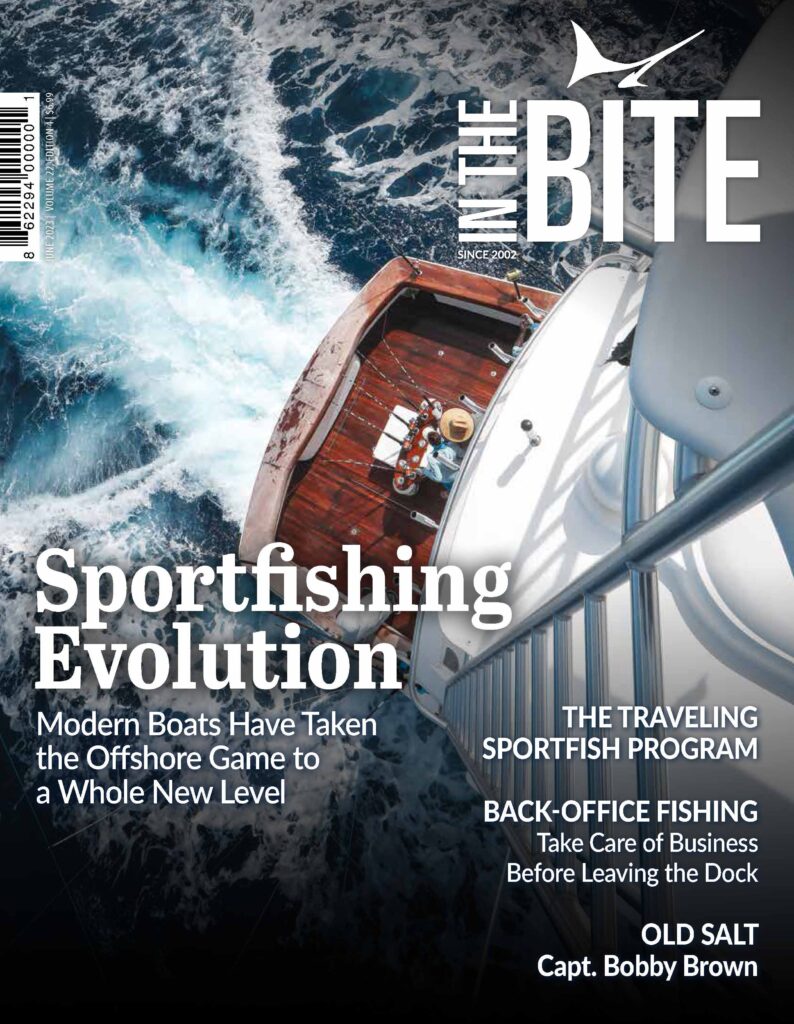Table of Contents
Introduction to Fishing Addiction
The term addiction gets tossed around pretty loosely these days. It is not uncommon to hear a person say, “I’m addicted to (insert desired food, person, activity or sport here). There are even numerous television programs showcasing addiction, such as Intervention on A&E, My Strange Addiction on TLC and Celebrity Rehab with Dr. Drew on MTV. The majority of these shows detail the life of a drug or alcohol addict along their hopeful journey to recovery. One show, which happens to be my favorite, is My Strange Addiction that follows those with, you guessed it, strange addictions. From adults living as babies, diapers and all, to a woman who has spent thousands of dollars creating couture clothes for her pet squirrel, they are indeed strange addictions. As it has been presented in the media and by experts globally, it is possible to be physically addicted to just about anything. To understand the psychology of a fishing addiction though, it is important to comprehend the proper use of the term.
The Science of Addiction: Understanding the Brain’s Pleasure System
The Diagnostic and Statistical Manual of Mental Disorders V (DSM-V), published by the American Psychological Association, is used by behavioral health professionals to assist in diagnosing a person with a psychological disorder, including those relating to addiction. Certain criteria need to be met by the client in order for a diagnosis to be made. The DSM-V is set up with an entire section devoted to Substance-Related and Addictive Disorders. Almost all of the diagnoses involve alcohol and different types of drugs ranging from caffeine to hallucinogens to cannabis. There is also a small section devoted to Non-Substance-Related Disorders. In this section, there is only one listed: Gambling Disorder.

The Psychology Behind Addiction
Addictions are possible because the limbic system of the human brain seeks pleasure and rewards. Feelings of pleasure and rewards are a necessary part of survival. When a person first uses a drug or substance of abuse, the brain releases a happy chemical like serotonin, dopamine, oxytocin or endorphin, which activates the pleasure center in the limbic system of the brain. Although the drug or substance of abuse is an unnaturally occurring substance, it mimics that of a naturally occurring pleasure producer.
Fishing Addiction: Not Just a Simple Hobby
Drug and alcohol addiction have the potential to cause severe problems in one’s life, so much so that sometimes this addiction can lead to death. While there has never been a reported case of a person dying from their addiction to fishing, it can cause concerns in personal and romantic relationships. Although a fishing addiction is not recognized by the American Psychological Association and there are no expensive treatment centers in Palm Beach claiming to cure this disease, there are several reasons to think that you may have taken your love for the open ocean and the fish that live in it to the next level. These reasons are comparable to the only non-substance related disorder in the DSM-V, Gambling Disorder. If you have done five or more of these things, it is safe to say that you may have a fishing addiction.
Identifying Fishing Addiction
Preoccupation with Fishing: Not only do you love to fish, but you love to plan your next fishing trip. You may not have even reached the dock from your latest adventure without talking with your friends about the location of the next one. You may think about fishing memories, tell stories constantly and wander the aisles of the nearest tackle shop making sure you have the latest and most impressive gear.
Need to fish with increasing amount/frequency/type of catch to achieve the desired pleasure: When you were little, catching a three-pound bass at the lake house once a year was enough to make you smile from ear to ear. Now, you may still enjoy the occasional casual trip to the lake, but you prefer fishing as the main event. This may include spending thousands of dollars in order to make sure you catch the fish you have always dreamed of.
Repeated unsuccessful attempts to control, cut back or stop fishing: Whether your husband/wife, kids or job have requested more of your time or you have neglected other important things in your life, you have recognized the need to cut back on the amount of time spent fishing. However, this recognition is ignored by the need to seek pleasure from fishing.
Becoming irritated or annoyed when attempting to cut down or stop fishing: The sheer thought of cutting back on fishing makes you anxious. Why do you have to stop? What will you do for fun? How will you escape the grind of the adult world?
You may use fishing as a way to escape from problems or relieving an undesirable mood: Regardless of the concern, job loss, break up of a relationship or dealing with grief and loss, fishing may be one of the only things that can pull your mood from negative to positive.
After losing a desired catch while fishing, one returns to the water another day to chase the lost catch: No matter how big or how small, it is necessary to go back for the one that got away. The simple pleasure of fishing has been lost in the desire to catch.
Lying to family, friends and others to attempts to conceal the extreme involvement with fishing: This may mean telling your boss you have to run a personal errand at lunch and spending an hour fishing or telling your wife you have a friend in need (who happens to need a fishing buddy). No matter the circumstance, you feel that hiding the involvement is better than having you explain yourself when you miss your mother-in-law’s birthday party.
Committed illegal acts such as theft, forgery or fraud, in order to fund a fishing adventure: This can be as severe as theft to gather money for fishing or even telling your buddy you will pay him back for the $350 worth of gas that he just put in his boat to take you out fishing.
Jeopardized or lost significant relationship, job opportunity or other important life event because of a commitment to fishing: Due to your ever-charged fishing brain, other important things in your life seem to take a backseat.
The majority of your life, on and off the water, is dedicated to fishing: This is the all too familiar look of a fisherman or woman. There are few other sports that have the type of cult following that fishing provides. It seems that a person addicted to fishing makes their home, car and clothing a shrine to their craft. This can range from printed photos showing off you prized catch in every room of the house, fish mounts, fishing accessories (rods, reels, tackle), magazines, bumper stickers, clothing displaying fish and secret family recipes for the catch of the day.
The Impact of Fishing Addiction
Some may argue that an addiction to fishing is better than other types of addiction. This is, in fact, true. Unless a fisherman has an accident on the water, it in unlikely that he or she will suffer any life-threatening injuries. However, according to the National Oceanographic and Atmospheric Administration, out of all of the leisure activities, fishing accounts for the most deaths caused by lightning. Just keep that one in mind.

Finding a Balance: Passion vs. Addiction
It is important to mention that an addiction or overindulgence in any one thing can have a negative impact on your life and those who surround you. If you found yourself doing many of the items on the list above, it may be time to re-evaluate how your compulsion for fishing affects your life and those around you. On the other hand, if fishing brings you happiness and relaxation then go for it.
If you or someone you know is struggling with addiction of any kind, there are numerous resources to begin the process of getting help. A few are listed below:
- To find a psychotherapist in your area, check out the therapist directory by Psychology Today
- To get information on local resources and how you can manage your addition, call 211, for a free referral search and personalized assistance 24-hours per day.
- For up to date research and treatment options for drug addiction and mental health go to the Substance Abuse and Mental Health Services Administration at www.samhsa.gov.
Alexandra Stark is a psychotherapist and licensed Mental Health Counselor, a Certified Addiction Professional, Nationally Certified Counselor and Internationally Certified Alcohol and Drug Counselor. She was previously the assistant general manager of a sportfishing mothership operation in the Pearl Islands of Panama and currently manages a counseling program for adolescent girls and has worked with those with substance use/abuse disorders for almost a decade. Alexandra is also married to her lifelong case study and fishing addict, Elliott Stark.
Don’t Forget to Check Out Our Sportfishing Job Board! Did You Know? It’s the perfect platform for seeking skilled captains and mates. Whether you’re on the hunt for your dream team or looking to join one, your next big adventure begins here. Explore the opportunities now! Click Here
Dive Deeper into the World of Sportfishing
Unlock Exclusive Savings: Enjoy 50% Off Your Subscription!
Are you ready to explore the thrilling world of sportfishing from the comfort of your home? Subscribe now and embark on a journey filled with captivating stories, expert insights, and insider tips. Choose between our digital or print edition and secure an incredible 50% discount on your subscription.
Subscribe today and get ready for an adventure like no other. Click here to subscribe and elevate your sportfishing experience with InTheBite Sportfishing Magazine.















